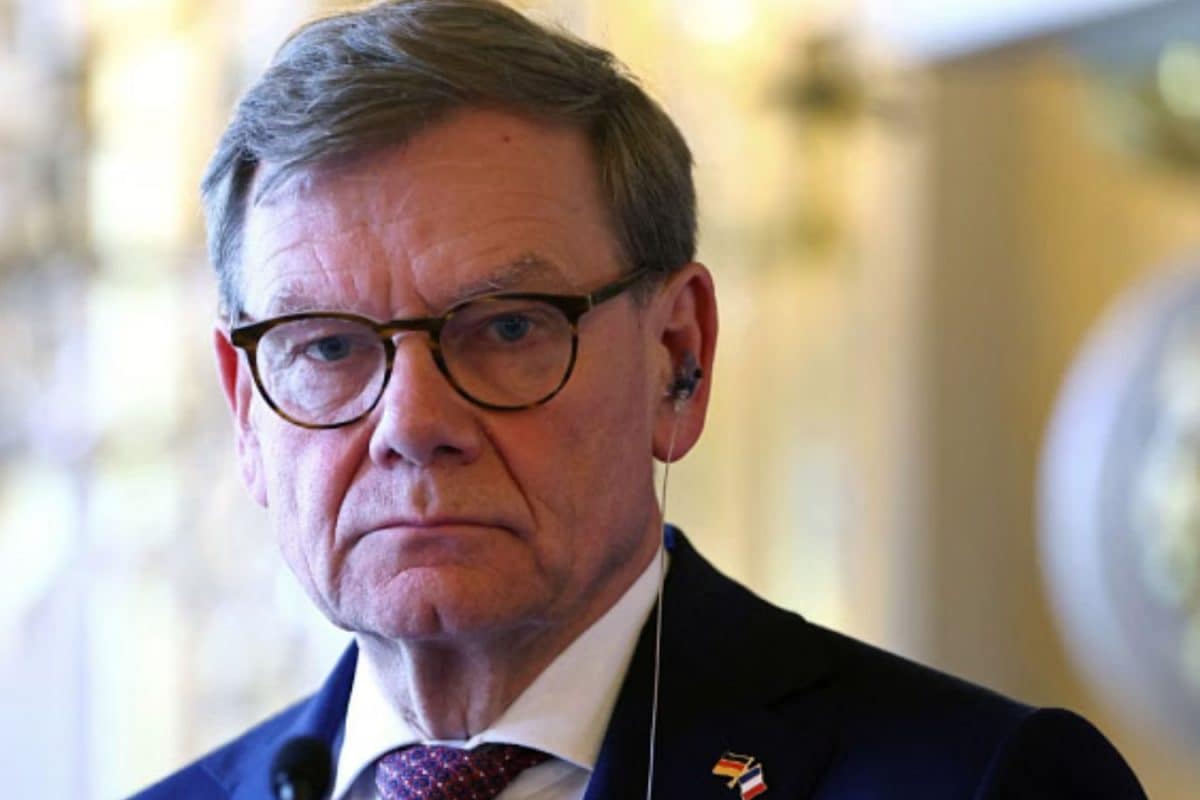

During his recent visit to India, German Foreign Minister Johann David Wadephul voiced his support for continued dialogue between India and China, emphasizing the importance of both nations shaping their bilateral relationship. Wadephul's remarks came amidst a complex geopolitical landscape, where Germany seeks to strengthen its partnership with India while also navigating its own ties with China.
Wadephul acknowledged the steps taken by India and China to normalize their relations as "positive news". This statement reflects a broader German perspective that encourages peaceful resolutions and cooperative engagement between major global players. Germany views India as a major global player and an indispensable partner. Both countries can be proud of what they have already achieved in the 25 years of their Strategic Partnership, and now is exactly the right time to broaden cooperation. Germany strives for a strong partnership with India based on mutual reliability and trust. There is a wide range of areas in which the two countries should further strengthen their cooperation, including foreign and security policy, defense, economy and trade, science and research, and skilled migration.
The German Foreign Minister's visit to India underscores the multifaceted nature of the Germany-India relationship. Discussions between Wadephul and his Indian counterparts, External Affairs Minister S Jaishankar and Commerce Minister Piyush Goyal, covered a range of topics, including trade and investment, foreign and security policy, and the ongoing Ukraine conflict.
A key focus of the visit was bolstering economic ties between Germany and India. Wadephul expressed optimism about the potential to double the German-Indian trade volume, which stood at 31 billion euros last year. He also highlighted the importance of finalizing the planned India-EU Free Trade Agreement to further boost trade between the two countries. Germany is in full support of carrying this Agreement negotiated as soon as possible. Germany is striving to achieve this.
Beyond trade, Germany also seeks to deepen cooperation with India in areas such as security and defense. Wadephul emphasized that security in the Indo-Pacific and Europe are closely interconnected, highlighting the shared interests of Germany and India in maintaining a rules-based international order. Europe and India hold similar views on the rules-based international order. As democracies and thus natural partners, they want to preserve this order, which faces huge geopolitical challenges.
The ongoing conflict in Ukraine was another prominent topic of discussion during Wadephul's visit. Germany is keen to engage with India on this issue, given India's long-standing relationship with Russia and its emphasis on dialogue and diplomacy. Jaishankar reiterated India's support for a peaceful resolution to the conflict, a message that Prime Minister Modi had also conveyed to President Putin.
Wadephul's visit also served to address concerns about potential secondary sanctions against Russia, which could impact India's energy relations. Jaishankar stressed that India should not be unfairly targeted over the Ukraine conflict, reiterating India's commitment to dialogue and a peaceful resolution.
Germany recognizes India's growing global influence and its crucial role in shaping the international order. With a population of over 1.4 billion, India represents almost a sixth of the world's population and faces pressing global challenges. Germany and India share the goal of expanding and strengthening their mutual relations, built on a foundation of mutual trust and reliability.